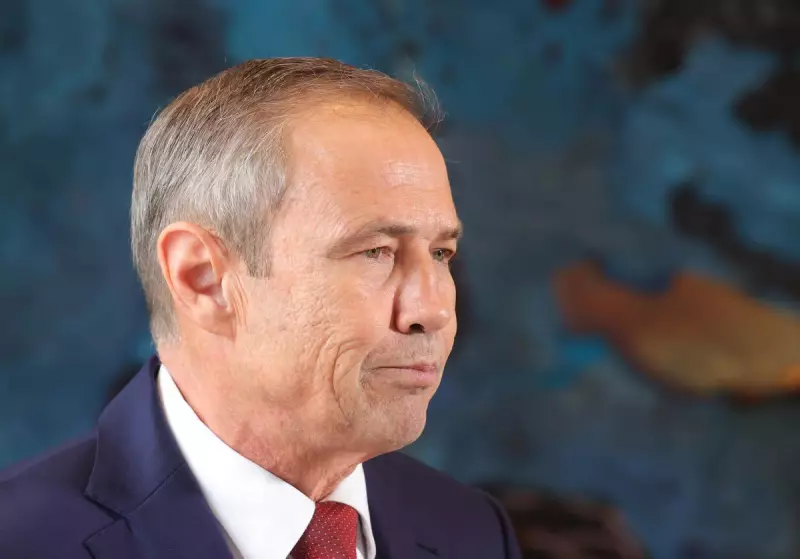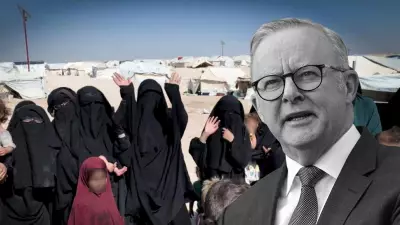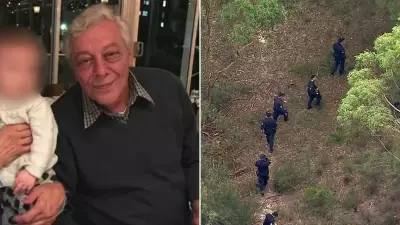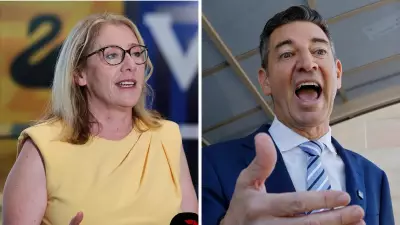
Western Australia's premier Mark McGowan is facing a political firestorm after his government quietly shelved a crucial energy transition plan for another two years, while telling industry leaders they should be driving the shift to renewables.
The stunning delay of WA's Distributed Energy Resources (DER) roadmap until 2025 has been branded as "lazy leadership" by critics who say the state is falling dangerously behind in preparing its grid for the renewable future.
Industry Told to Lead While Government Steps Back
In what opponents are calling a major policy failure, McGowan told a business forum that private companies should take charge of the energy transition, despite his government postponing the very framework needed to coordinate that transition.
"The truth is the energy transition will be led by industry," McGowan declared, even as his government pushed back the DER roadmap - originally due in 2023 - for the second time.
Critics Slam 'Breathtaking' Lack of Leadership
The opposition's energy spokesman Steve Thomas didn't mince words, labelling the premier's position "breathtakingly lazy" and accusing the government of abandoning its responsibility to guide WA's energy future.
"To say that the transition should be led by industry is an abrogation of the responsibility of government to set the framework," Dr Thomas told media. "It's lazy leadership of the highest order."
Solar Boom Creates Grid Management Crisis
The delayed roadmap was supposed to address one of WA's most pressing energy challenges: managing the explosion of rooftop solar that's increasingly overwhelming the grid during peak generation hours.
With WA households installing solar panels at world-leading rates, the system often produces more energy than it can handle, creating potential stability issues that the DER plan was designed to solve.
Government Defends Position Amid Growing Pressure
Energy Minister Bill Johnston defended the delay, arguing that supply chain issues and workforce constraints made the 2025 timeline more realistic.
But with major renewable projects facing connection delays and consumers bearing the brunt of energy price hikes, many are questioning whether WA's much-touted energy transition is actually going backwards.
The controversy comes as other states accelerate their renewable plans, leaving Western Australia at risk of being left behind in the race to secure clean energy investment and jobs.






